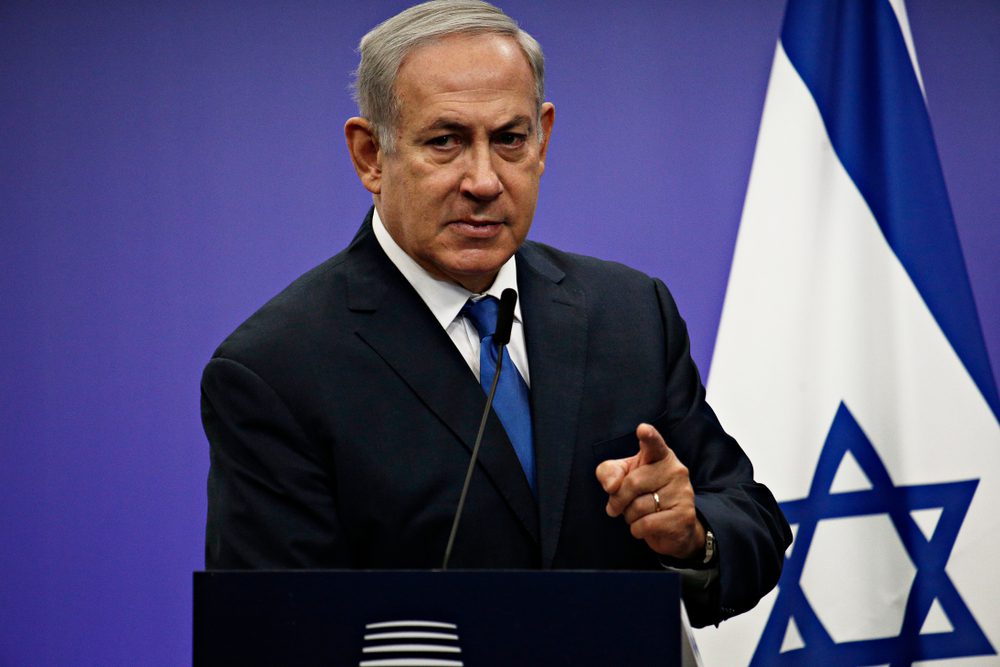
Israeli protests against Prime Minister Benjamin Netanyahu’s right-wing government are entering their third week. Protesters argue that the independence of the nation’s judiciary is at risk of being stymied.
As reported by The Jerusalem Post and other outlets, massive numbers of people participated in a Tel Aviv demonstration on Saturday, January 21st. Concurrently, thousands engaged in similar events in Jerusalem, Haifa, and Beersheba.
The bone of contention is the government’s plan—so its critics argue—to subordinate the powers of Israel’s Supreme Court to those of the Knesset, the country’s parliament.
The plan to give the incumbent political rulers a decisive vote in appointing new judges is also met with strong opposition, since that could threaten the judiciary’s independence.
“They want to turn us into a dictatorship, they want to destroy democracy,” the head of the Israeli Bar Association told Reuters, lamenting that “there is no democratic country without a judicial authority.”
Israel’s former prime minister, Yair Lapid (of the center-left Yesh Atid party) also attended the Tel Aviv protest.
“People who love the state came to defend its democracy, its courts, the idea of a common life and a common good,” he said in a tweet, vowing they would “not give up until we win.”
מה שאתם רואים פה היום זו הפגנה בעד המדינה. אנשים שאוהבים את המדינה באו כדי להגן על הדמוקרטיה שלה, על בתי המשפט שלה, על הרעיון של חיים משותפים וטוב משותף. יש פה אוהבי ישראל שבאו להפגין למען מדינה יהודית דמוקרטית לפי ערכי מגילת העצמאות. אנחנו לא נוותר עד שננצח.
— יאיר לפיד – Yair Lapid (@yairlapid) January 21, 2023
📷 אלעד גוטמן pic.twitter.com/WX7yOF0MNu
The current Israeli coalition government, which has received much criticism recently for being wedded to extremist elements, says its reform effort is needed to prevent overreach by activist judges.
Adding more fuel to the fire is the Supreme Court ruling which has invalidated Interior and Health Minister Aryeh Deri’s appointment. Deri had been slapped with a conviction for tax evasion, which makes him ineligible for office.
Aryeh Deri heads the ultra-Orthodox coalition party Shas, an ally of Netanyahu’s, that allowed his party (the rightist Likoed) to gain a majority during the last elections. On Sunday, January 22nd, Netanyahu chose to follow the court ruling and relieved his now erstwhile minister from his duties.
Since their beginning, Netanyahu has dismissed the protests. He considers them an outward expression of his leftist opponents’ refusal to accept last November’s election results, which enabled Netanyahu to return to power as the nation’s leader, entering his sixth premiership.
Having been Israel’s prime minister on and off since 1996 (totalling a record 15 years for the young nation), Netanyahu was voted out and replaced by Naftali Bennett on June 13th, 2021.
